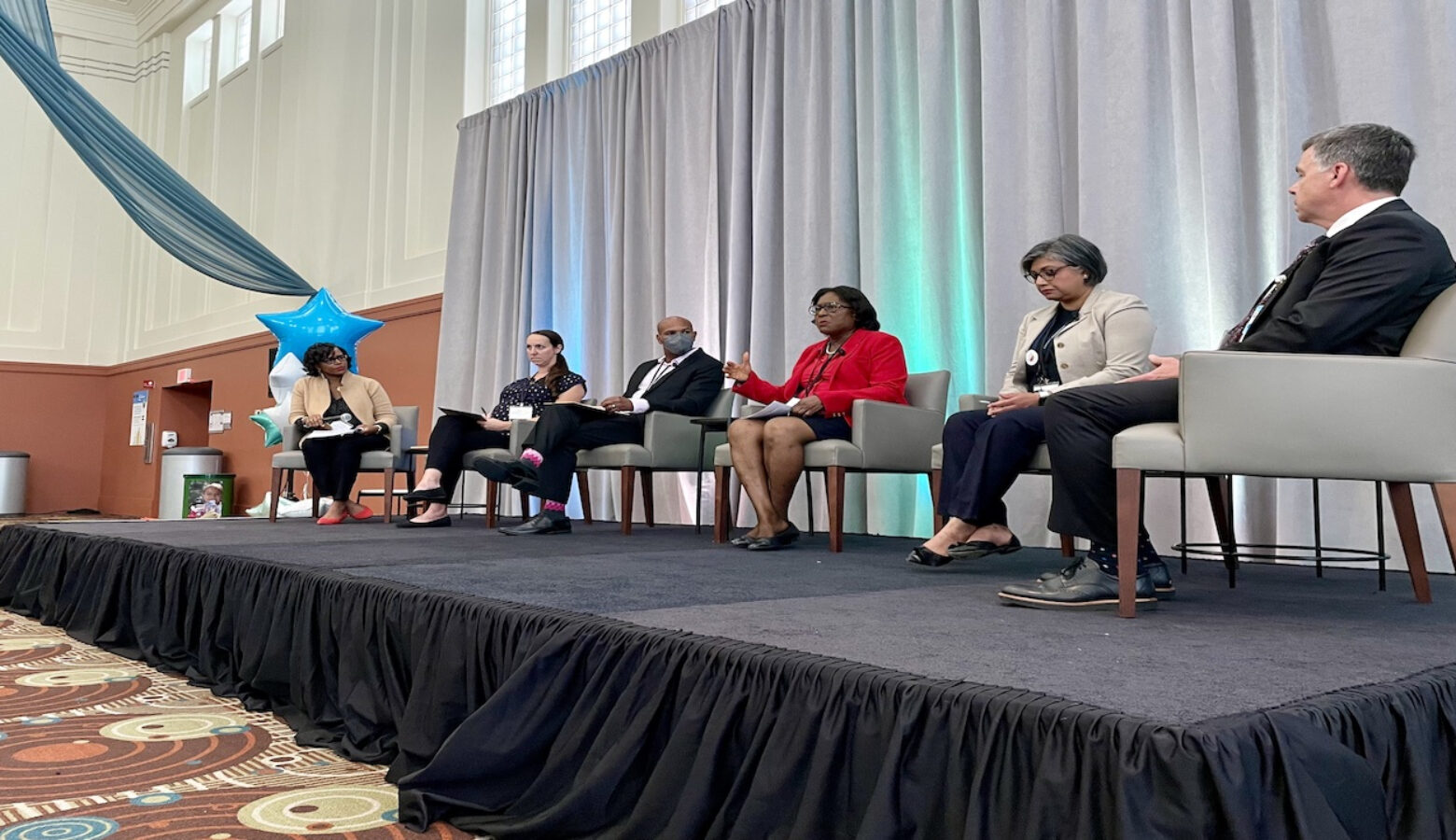Eli Lilly announces $500K to improve diversity in clinical trials

Eli Lilly announced Friday it will put $500,000 of seed money toward a new network focused on community public health research in Indiana aimed at increasing diversity in clinical trials.
Reports show women, the elderly, and racial and ethnic minority groups are underrepresented in clinical trials. Diverse representation in trials is important to understand how a medication works in all populations. The effectiveness of new drug treatments can vary based on a patient’s race, ethnicity and age.
Health systems, academic institutions, and community and faith-based groups from the Indianapolis area will be invited to be members of the new organization and have representation on its board of directors. The organization will also work to create strategies to close gaps in health care.
Eli Lilly Vice President of Clinical Capabilities Janelle Sabo said the network will support research that will benefit people across the state. She spoke at the Indiana Health Equity Collaboration event on June 3, where the announcement was initially made.
“How do we engage the right partners, the right health care professionals, the right community groups to set up success for sustainable research and access to health innovation across Indiana?” Sabo said.
The health equity event was co-hosted by Eli Lilly and IU Health and attended by health experts, policy makers and community leaders. The event focused on the importance of collaboration to build trust with communities, remove barriers to health care and address health disparities in Indiana
In a panel discussion, Marion County Public Health Department director Dr. Virginia Caine said racism is a barrier to health.
“Whether it’s intentional or unintentional, there is some mistrust with the populations we want to serve,” Caine said. “So we have to be culturally appropriate when we’re talking to them.”
The lack of trust, lack of culturally competent resources and language barriers impact the health of immigrant communities, said Gurinder Hohl, the chief executive officer of the Immigrant Welcome Center in Indianapolis.
Hohl gave an example of COVID-19 vaccinations and identification. She said many immigrants did not have appropriate identification, and it was also important to explain that identification was needed to keep track of who has received a vaccine, not to report anyone to U.S. Immigration and Customs Enforcement.
She said even when information is available, it is still challenging to reach immigrant communities.
“Is it available in a language that they understand?” Hohl said. “Second, is it provided by individuals who they trust?”
Also, she added: Are the information and services available for immigrants accessible to them?
Former U.S. Surgeon General and former Indiana State Health Commissioner Dr. Jerome Adams said it is important to ask communities what they need from health experts in order to gain trust.
“They often feel like we come in and want to do something to them and not with them or for them,” said Adams, who is now director of health equity initiatives at Purdue University. “Communities are frustrated. We have to go in and first ask the community what they need and legitimately try to help them get it. And then they’ll help us.”
Adams said it is key that policy makers understand the intersections of health and community – and invest more in public health services.
“We need to strengthen public health, not weaken it,” Adams said. “It’s killing me, it’s killing us. It may sound good now when you’re fighting over masks in schools. But what about when your swimming pool is dirty? What about when there is a foodborne [illness] outbreak at your local restaurant? What about all the other things public health does that keeps us safe and healthy?”
This story has been updated to include more information about the community-focused research organization Eli Lilly is investing in.
Contact reporter Darian Benson at dbenson@wfyi.org. Follow on Twitter: @helloimdarian.
